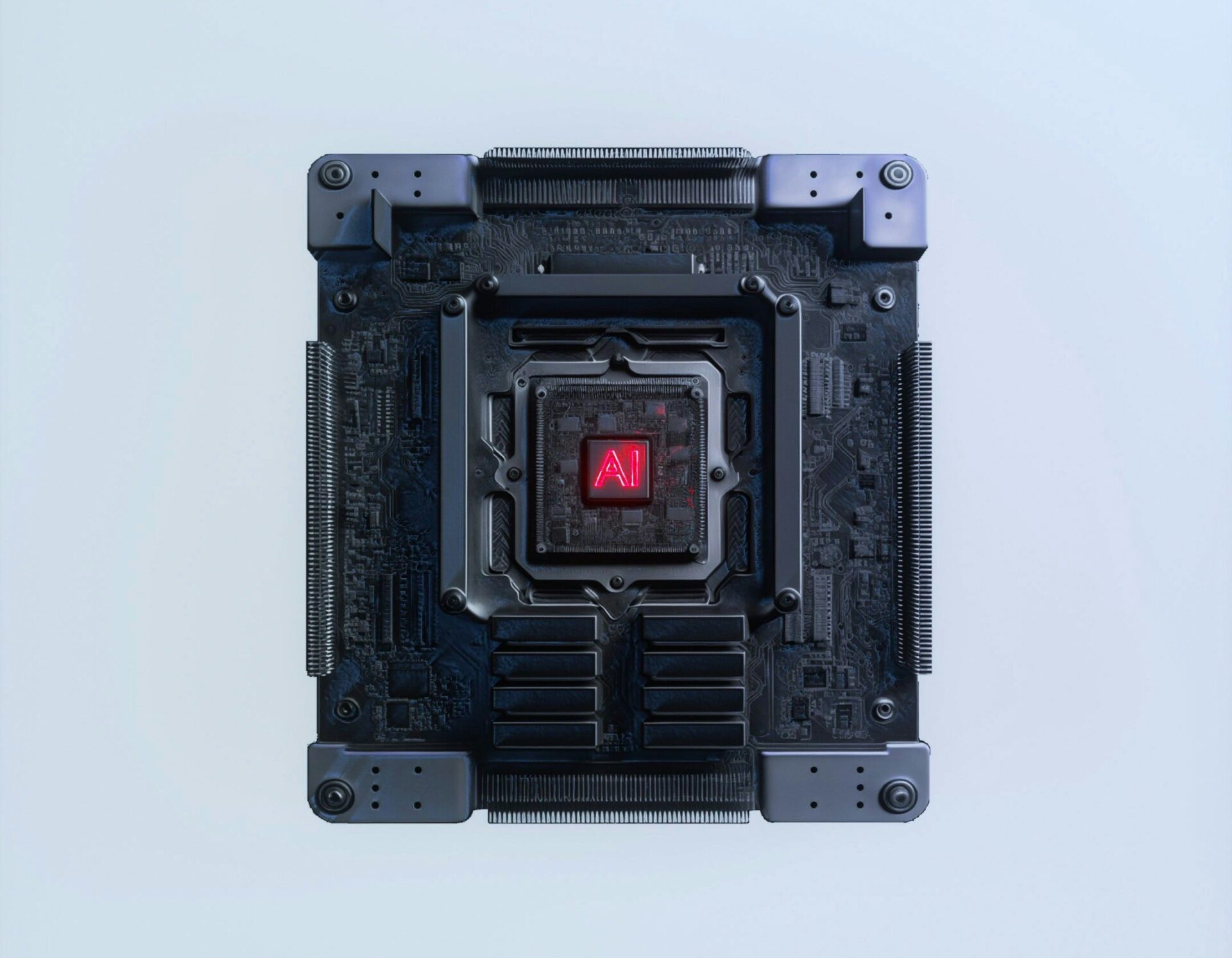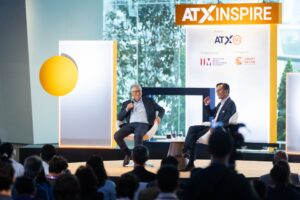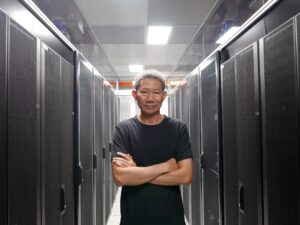
The United States has imposed sweeping regulations to control how advanced AI chips and related technologies could be exported and used overseas, including in countries with close military and trade ties, such as Singapore.
The measures, announced yesterday, are aimed at deterring China and other geopolitical rivals from accessing American technology for military and other uses. And they go far beyond existing measures.
By only allowing the free export of the most advanced chips to 18 of the US’ closest allies, such as Britain, Australia, the Netherlands, Japan, South Korea and Taiwan, the move also seeks to push the rest of the world towards a global technology ecosystem led by the US.
China, Iran and North Korea, as is the case now, are banned from importing these new AI chips, but the rest of the world would be only allowed to import limited amounts.
That is, unless they enter into special arrangements with the US government. Singapore, like many countries in Southeast Asia that have seen a boom in AI data centres in the past 18 months, will have its ambitious curtailed if it is denied access to more of these advanced AI chips.
In late 2023, Singapore was just behind the US, Taiwan and China (including Hong Kong), in buying Nvidia processors. The small city-state accounted for 15 per cent of the chipmaker’s revenue in the third quarter that year.
Unfortunately, not all the most advanced chips used for AI or the latest smartphones have been used here in Singapore, even if they were bought here.
Just last week, Taiwanese chipmaker TSMC cut ties with a Singapore firm that it believed had violated US export controls that banned sales to Chinese technology giant Huawei.
Stories of people based in Singapore packing suitcases of the most advanced Nvidia AI chips to bring to China have also added to US worries that existing controls are not enough to fix supply chain blind spots.
Now, the big question is whether the US government’s broad new controls will work. Or will they set the world’s technology leader back instead?
Smaller countries such as Singapore, which rely on both China and the US for trade and investment, would prefer not to choose a side in the trade war.
However, such “neutral” states might be forced to agree to tighter American controls in return for access to the most cutting-edge technologies that power their economies through AI – at least for the short term.
There is precedent for this. The US government is likely encouraged by the case of G42, an Emirati tech giant that got the go-ahead last year to sell Microsoft services using powerful AI chips in return for stripping out Chinese equipment from its operations.
The deal, orchestrated by the US government, aims to influence the development of AI in line with American interests.
It appears the new AI chip controls would seek to push this model to more countries and businesses around the world, at a time when the US still has a lead in AI, estimated from six months to several years, over China.
Though it is unclear if these new rules, set by the outgoing Joe Biden administration, would be continued, altered or scrapped altogether by the incoming one, it has already stirred up controversy and upset technology companies and industry groups in the US.
In a statement yesterday, Nvidia decried the decision, calling it “misguided” and a threat to innovation and economic growth globally.
The Semiconductor Industry Association called the regulations “onerous” for US semiconductor exports. They would cede the advantage to competitors instead, it warned.
For now, at least, the US is banking on its leadership position to keep it in pole position. In the short term, say, the next 18 months, some countries such as Singapore might grudgingly follow the US in return for cutting-edge technology to drive AI growth.
However, that itself depends on volume and scale, something that the exports controls would go against.
In the case of Nvidia, for example, if you can’t ship enough of your chips, you can’t earn enough revenue to plough back into R&D for your next big innovation. One day, you might find that you no longer own the market.
In technology, change cycles are shorter and things are a lot less sticky, unlike, say, the permanence of the US dollar in global finance.
Just as Nvidia was nowhere near its current position as the go-to AI chipmaker (despite being a big chipmaker) two years ago, the next AI champion could rise to prominence in a short span of time to dominate the market.
If China or any other country finds the next big breakthrough in AI or, say, in another evolutionary technology like quantum technology, then the AI trade restrictions imposed by the US today would look terribly shortsighted and hard to reverse.






